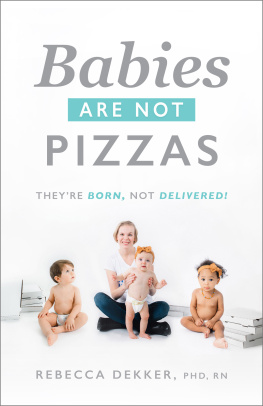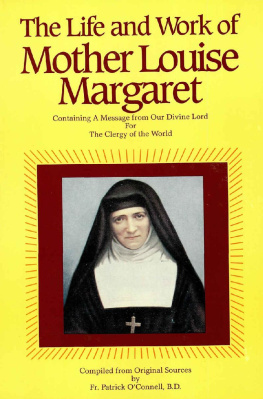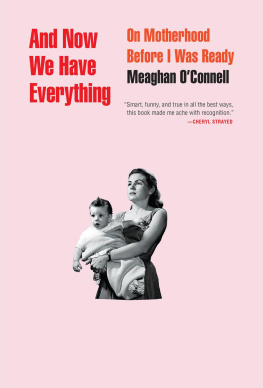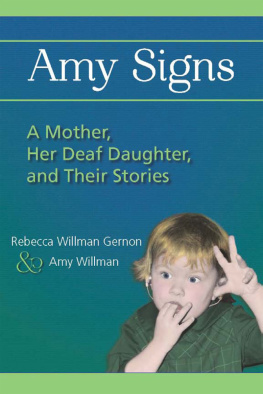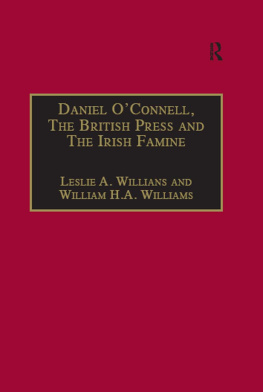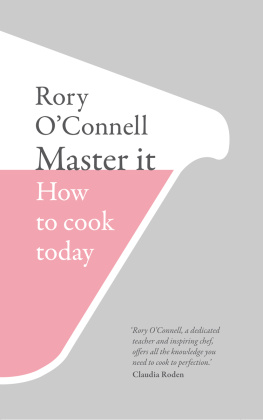For our working parents, who made sure we were fed as children, and for our children for sharing the foodwork and being happy with often hurried cooking
The authors would like to thank the many people who played a part in this study, in particular our colleagues who constituted the other members of the research team at Thomas Coram Research Unit at various points in or throughout the study: Charlie Owen, Antonia Simon, Katie Hollingworth, Abigail Knight, Ann Mooney and Penny Mellor.
The authors also wish to thank the funders of the two phases of the study. Phase 1 was funded as a collaborative grant between the Economic and Social Research Council (ESRC) and the Food Standards Agency (FSA) and in October 2009 by the Department of Health (DH) when responsibility was transferred to this Department (RES-19025-0010). Phase 2 was funded by the ESRC and the DH (ES/J012556/1). We are most grateful to Dr Jane Barrett and Danielle DeFeo (DH) and Helen Atkinson (FSA) for their guidance and enthusiasm throughout both phases.
Thanks are also due to the project Advisory Group for valuable advice and support. In addition, Carol Devine, Cornell University, and Alison Lennox, University of Surrey, provided methodological assistance in developing the Diet Quality Indices and input in constructing the nutritional scores developed for the study. Thanks also to Tracy Modha at the Thomas Coram Research Unit for preparing the qualitative data for archiving and to Ruth Wright for helpful comments on draft chapters. We are grateful in addition to colleagues at MRC HNR and NatCen Social Research for their help in drawing a qualitative sample from the National Diet and Nutrition Survey (NDNS). For access to the various surveys that we subjected to some secondary analysis we wish to acknowledge their support.
Most of all we are grateful to the children and parents who generously gave their valuable time to participate in the study and granted us permission to reproduce their photographs and drawings. Without them the study would not have happened.
Julia Brannen is Professor of Sociology of the Family, in the Thomas Coram Research Unit, UCL Institute of Education and visiting professor at the University of Bergen, Norway. She has an international reputation for her work on family life, work-life issues, intergenerational relations and for her expertise in mixed methods, biographical approaches and cross-national research.
Rebecca OConnell is a Senior Research Officer in the Thomas Coram Research Unit, UCL Institute of Education. She is a social anthropologist whose research interests focus on the intersection of care and work, particularly foodwork and childcare. Rebecca is co-convenor of the British Sociological Association Food Study Group. She is currently leading a European Research Council funded study focused on families and food in hard times in Portugal, the UK and Norway (www.foodinhardtimes.org).
Childrens food is at the centre of global concerns about nutritional inequalities and rising obesity levels. In the UK, debate about the nations diet and childrens diets in particular is taking place within the context of a whole range of social and economic changes, one of which is the changing pattern of family life. Moreover, food is an increasingly salient issue for families in the context of economic austerity measures and rises in global food and fuel prices that have reduced disposable income.
With the growth of employment of mothers with young children in both Western and non-Western societies, dual earning households have become the norm. Public anxieties about the inadequacy of childrens diets suggest explanatory factors including working parents lack of time and, because of work, a supposed decline in family meals and increasing use of commercially produced food. While being set in Britain, the book has wider resonances, as it concerns how parents feed their children in most societies, it is typically the mother who takes on this role while attending to the need to generate income as well as other needs of their families.
In the UK, an emphasis on parental employment as a route out of child poverty (), the UK is a particularly pertinent case study for investigating families, food and work.
The book has its origins in a study conducted in two phases between 2009 and 2014. Supported by the ESRC jointly with the FSA and latterly the DH, the study was funded in response to a bid that invited both the further exploitation of an existing national data set and the exploration of dietary decisions of working families with young children. Its policy relevance lay in a concern about the adequacy of childrens diets in the context of rising levels of maternal employment.
The studys long view, or in other words, its longitudinal research strategy, afforded greater possibilities than a cross-sectional design for understanding how and why individuals and families eat as they do. Through the qualitative data collected as part of the study, the book shows how food practices changed over time. In addition, it illuminates the embedded practices and processes that shape childrens diets in British working families.
How do the demands of parents paid work shape and influence family food practices? What is the gender division of foodwork in dual earner families and how do parents account for it? When do working families eat together and what affects this? How do children negotiate food and eating with their parents? What do children of working parents eat at home, childcare and school and how do parents manage childrens diets across settings? How do changes in the eating habits of children and families relate to interventions in and the shifting contexts of family life, such as transitions in childrens lives and changes in parents jobs and working hours and family income? Focusing on families in England, both at a moment in time but also over time, Food, Families and Work addresses these questions.
Conceptual approaches
It has been suggested that many claims about contemporary meal patterns may be seen as a criticism of the working woman (: 412), the approach taken in the book is that of situating childrens diets in the context of everyday working family life.
).
In this book, we have chosen instead to conceptualize matters to do with childrens and families food and eating as food practices. In order to understand and explain human action, the aim has been to focus upon what people do. The concept of food practices acknowledges that understanding food and eating requires approaches that confront habitus () the situatedness of (food) practices in the everyday routines and social relations of the lives of children and parents. This entails paying attention to the constraints and affordances of the daily schedules of parents and children and how these intersect; the role of food in gender and generational relations; and, since the children of employed parents may eat in a range of settings, the consideration of childrens diet intake across contexts. The framing of the research problem in these ways also required attentiveness to the meanings of food and eating beyond nutrition, that is, an acknowledgement that food is also about sociality, pleasure, power and care.







